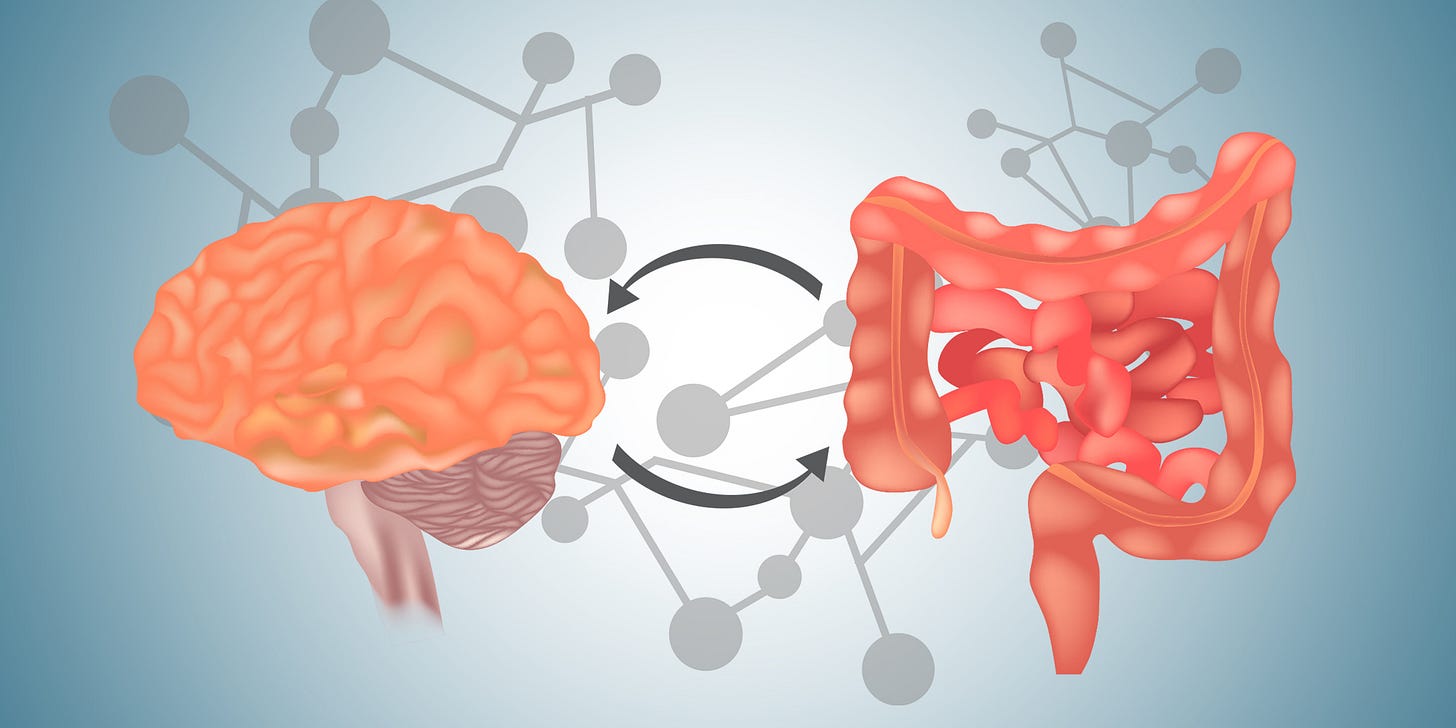Soft Drinks: Gain Weight By Going Diet?
In 2005, diet soda consumption was at its peak, with more than 3 billion cases sold. It was advertised as a health-conscious choice, allowing consumers to avoid the calorie burden of sugary soft drinks, while still satisfying the urge for something sweet.
But there's more to these drinks than meets the eye. Many studies have found a correlation between artificially sweetened beverages and an assortment of severe health problems. Here are some facts to make you rethink your choices.
Weight Loss Claims
Contrary to industry claims, research over the last 30 years—including several large scale prospective cohort studies—have shown that artificial sweeteners in diet soda actually increase weight.
When examining the timeline of artificial sugar use and obesity trends in the United States, we see a parallel rise. That is, as regular use of the sweetener increased from 1960 onwards, America grew fatter. (National Health and Nutrition Examination Survey).
These sweeteners are usually tucked into refined foods such as soft drinks, baked goods and fruit juices, constituting a dual attack of nutrient deficient and chemically altered substances that harm the body.
Usually, when you eat something sweet, your brain releases dopamine, a feel-good neurotransmitter, as well as the appetite-regulating hormone leptin. Once a certain amount of calories are consumed, you feel full.
Unnaturally altered artificial sugars are much sweeter than regular sugar, and without calories, the brain's pleasure pathway gets activated but forgets to shut off. The body basically thinks it needs more, leading to increased cravings for sweetness, says the Yale Journal of Biology and Medicine.
And data from the 25-year long San Antonio Heart Study showed that diet soft drinks far exceeded regular soda in increasing serious weight gain. In fact, with increased consumption, the next seven to eight years pointed to a 65 percent increase in becoming overweight and 41 percent increase in becoming obese.
Together there are many studies showing that alongside other major shifts in human nutrition, artificial sweeteners may have directly contributed to enhancing the exact obesity epidemic that they were intended to fight, states the journal Nature.
The Gut-Brain Connection
New studies have also reawakened a debate over gut health, suggesting these chemicals may cause significant alterations in the make-up of our intestinal microbiome.
The journal Molecules, found that the bacteria in the digestive system actually became toxic when exposed to small amounts of artificial sweeteners. Among other things, these harmful changes decrease our ability to digest sugars and changes the amount of nutrients we are able to extract from the food we eat, leading to deficiencies. (DrPeterOsborne)
And a 2017 review of all the human and animal data on aspartame concluded that even at recommended safe dosages, it may prove to be a systemic inflammatory neurotoxic that impairs learning and memory, causes migraine headaches, depression, Parkinsons and even brain tumors. (Neurogal.com)
Metabolic Disturbances
Research shows daily consumption of diet soda is associated with a 36 percent greater relative risk of metabolic syndrome and a 67 percent greater relative risk of type 2 diabetes, so this drink is hardly a health elixir. With ingredients such as artificial sweeteners, colors, flavors and other food additives floating around in carbonated water, it’s little wonder the body rebels. With high consumption, some have been linked to DNA damage, hyperactivity, early kidney disease, and bone fractures.
Drinking pure mineral water or water with a squeezed lemon in it is best. A cup of herbal tea can also be nutritious. Even some organic coffee or the occasional glass of red wine has healthy properties.
But nothing healthy can come out of soda, because nothing good goes into it. Our body becomes damaged if we ingest anything other than premium fuel. Ditch any low-premium substances such as diet soda and enjoy a richer life through better health.




